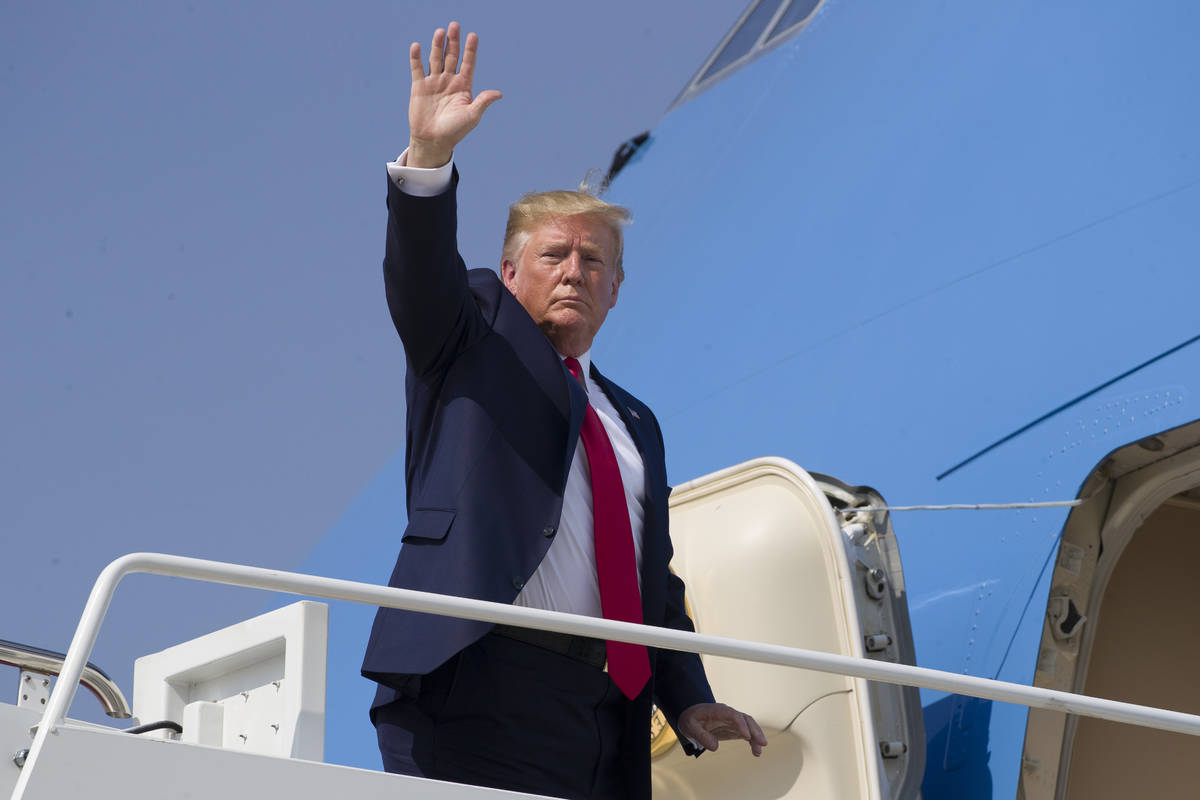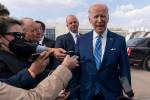JONAH GOLDBERG: Hawkishness toward China is fine, but what do we want to achieve?
In a sense, it’s pointless to debate whether the United States should have a more hawkish policy toward China, because we’ll have one regardless of how the 2020 elections go. There’s a broad consensus among both of the political parties and foreign policy experts across the ideological spectrum that we will need to be more confrontational and assertive with China in the years ahead.
But the more decisive factor is that Americans have been souring on China for years, and the pandemic has only hardened feelings. Last month, the Pew Research Center found that two-thirds of Americans have an unfavorable view of China. A Harris poll found that 90 percent of Republicans and 67 percent of Democrats think China was at least partially to blame for the spread of COVID-19. A new Politico/Morning Consult poll found that 31 percent of Americans flat out consider China an “enemy.”
In short, the leaders will be following the voters.
Count me among the hawks. The Communist Party of China may not have any ideological connection to actual communism anymore, but it retains the brutality, bigotry and authoritarianism that gave communism its bad name in the first place. But “hawkishness” or “toughness” or whatever word you prefer isn’t an actual foreign policy. Hawkishness is a means, not an ends.
So what are those ends? What do we want to achieve? And what calamities do we want to avoid?
The answers to the latter are easiest. Only fools want an actual war with China. We also do not want to create an international financial crisis or destroy America’s status as the world’s reserve currency. So that means defaulting on our massive debt to China is out. Bringing all of our industry home sounds attractive, but if you ask any informed person about that, it’s easier said than done. Under the best of circumstances it would take us years to dismantle the supply chains that currently exist without needlessly damaging our economy.
Pick whatever goals you like; a smart foreign policy would try to bring the rest of the world with us at the end of that process. If you think of countries as customers for our products and services, we do not benefit if we break off from China and no one comes with us. Of course, countries aren’t just markets for our wares. They’re also current or potential allies or enemies, and a policy that creates more allies for China and fewer for America would be foolish.
Consider President Donald Trump’s intensifying attacks on the World Health Organization and his threat to withdraw all U.S. funding from it. Trump is right about many of his complaints, even if he gets some of the particulars wrong. The WHO was too deferential to China in the early days of the pandemic. But what would be the net result of American withdrawal? China would be left standing as an even bigger influence on the organization.
Perhaps the goal with the WHO is simply to remind it of its responsibilities, in which case a little bluster is fine. But if we’re entering into a great-power rivalry with China, the goal has to be to line up the most desirable players on the board with us, not them.
That shouldn’t be hard, but I see no reason why we should make it harder just to sound tough.
Jonah Goldberg is editor-in-chief of The Dispatch and the host of The Remnant podcast. His Twitter handle is @JonahDispatch.




























